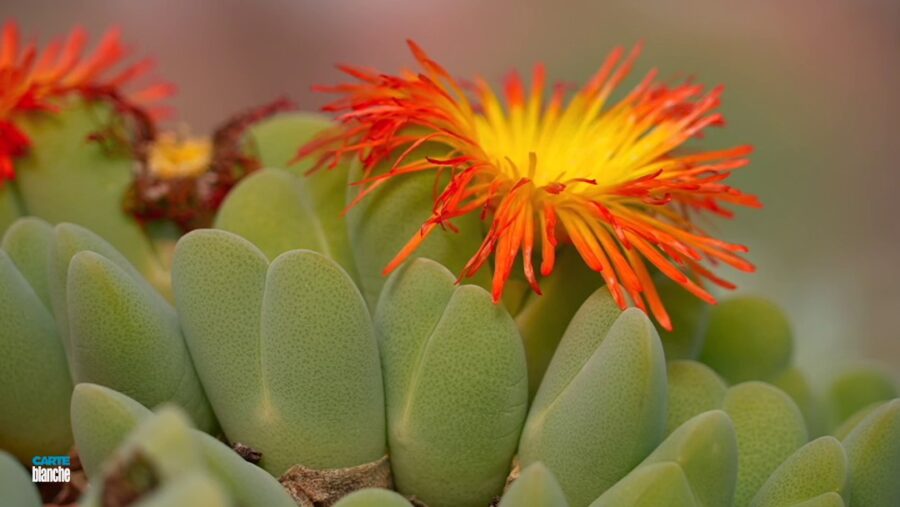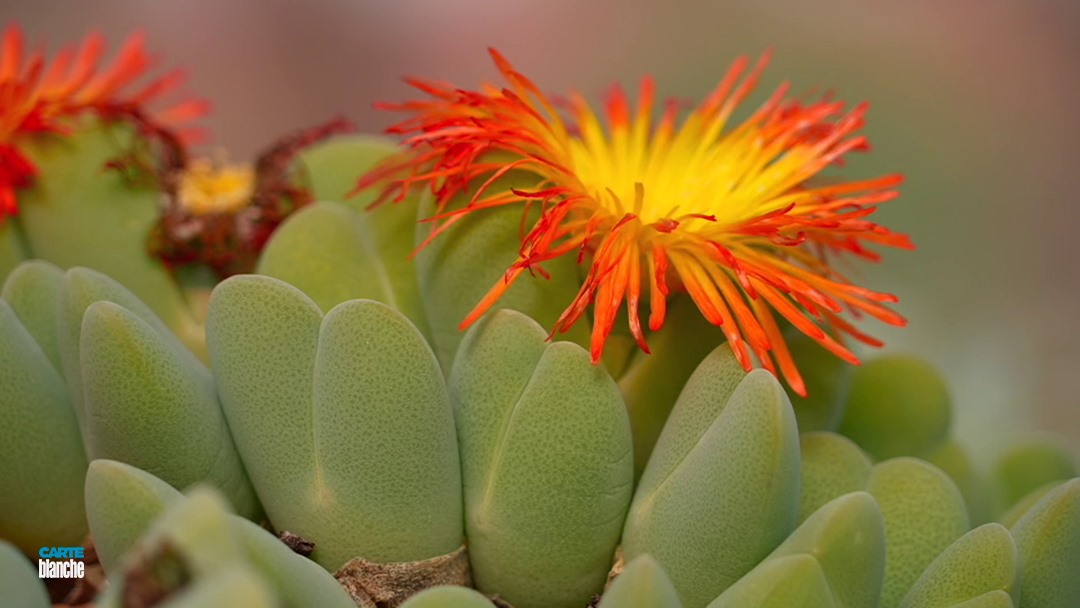
CapeNature Takes Action After Massive Rise in Succulent Plant Poaching in South Africa
CapeNature is taking proactive steps to ensure the Western Cape’s precious biodiversity is protected, following the shocking escalation in succulent and other plant poaching, which has seen hundreds of thousands of plants being stolen from South Africa. The poaching has increased hugely since 2018, with most of these plants being destined for the Asian market. […]

CapeNature is taking proactive steps to ensure the Western Cape’s precious biodiversity is protected, following the shocking escalation in succulent and other plant poaching, which has seen hundreds of thousands of plants being stolen from South Africa.
The poaching has increased hugely since 2018, with most of these plants being destined for the Asian market. In the Vredendal area alone there are currently 48 cases related to poaching before the courts, according to the Andricus van der Westhuizen, DA Western Cape Spokesperson on Agriculture, Environmental Affairs and Development Planning.
During an oversight visit to Knersvlakte Nature Reserve, CapeNature revealed that the average number of plants being seized by authorities per month over the last four years is around 12 000. That’s 144,000 per year. And those are only the plants that are seized.
“This indicates that it is not simply petty crime, but rather large-scale theft of our natural heritage,” Van der Westhuizen said in a statement today.
”Even more tragically, local youth are often enlisted to steal the plants.”
He said the DA in the Western Cape welcomes the proactive steps taken by CapeNature.
CapeNature has been working with the SAPS and the NPA to ensure that successful prosecutions take place where culprits are identified and arrested. In one example, CapeNature recently hosted a number of prosecutors and magistrates to provide training on this problem.
Van der Westhuizen says: “The DA in the Western Cape is very concerned about the increase in biodiversity crime over the last few years. This is a criminal issue and we urge anyone with knowledge of such activity to come forward.
”I am glad to see that CapeNature is taking a proactive approach to try and make sure that there are consequences for those that make themselves guilty of stealing our natural heritage, and hope that they receive adequate support from National government to continue to stamp out this attack on our province’s beauty.”
Do you have an illegally-sourced succulent in your home?
You may have an illegally-sourced succulent in your home… In an illicit trade rivalling that of rhino horn and perlemoen poaching, massive hauls of succulents are being stripped from delicate ecosystems in South Africa’s outermost corners by rare plant collectors with the help of local guides. Last year Carte Blanche investigated the trend that is posing a threat to the survival of the succulents.
According to a New York Times investigation, the poaching of conophytums started in 2018 as an obsession for ‘trendy’ houseplants had been growing. This trend unfortunately escalated during the Pandemic when people were stuck at home.
“The houseplant obsession that took root during lockdown globally has fuelled the desire to own the rarest, most beautiful succulents that money can buy – and showing it off on social media is part of the charm,” says Carte Blanche. You can watch Carte Blanche if you’re overseas in most countries
